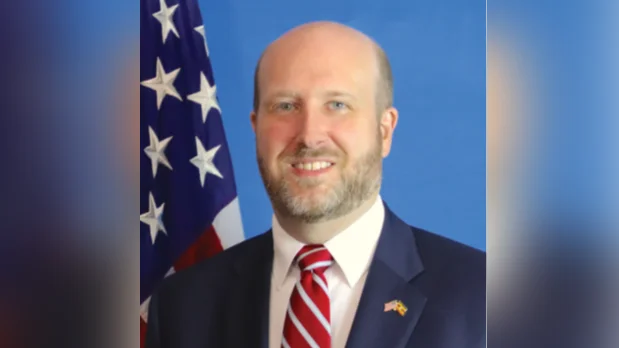The U.S. Embassy in Uganda has announced the launch of the Self-care application, a new digital health tool developed in partnership with the Ugandan Ministry of Health. The event was attended by key officials including Minister of Health Dr. Aceng Ruth and Ambassador William W. Popp.
Ambassador Popp highlighted the longstanding cooperation between the United States and Uganda in public health, particularly through initiatives such as the President’s Emergency Plan for AIDS Relief (PEPFAR) and support from the U.S. Centers for Disease Control and Prevention (CDC). According to Popp, "Of the estimated 1.5 million Ugandans living with HIV, over 1.4 million—about 94%—are receiving life-saving treatment supported by PEPFAR. Our work has also seen mother-to-child transmission of HIV drop from 30% two decades ago to just 3% today. This means more babies are born HIV-free."
Despite these achievements, challenges remain in reducing new HIV infections and AIDS-related deaths. Ambassador Popp stated, "To ensure services effectively reach those who need them most, the U.S. government is proud to support Uganda U.S. innovation in building a digitally empowered healthcare system." He referenced previous collaborations such as the National Health Data Warehouse and emphasized that digitalization offers autonomy, privacy, and real-time access to health solutions.
At the request of Uganda's Ministry of Health, the U.S. government assisted in integrating several digital health platforms into one national mobile application for self-care. The CDC provided technical expertise alongside Baylor College of Medicine Children’s Foundation-Uganda to develop the app, enhance server capacity, upgrade call center infrastructure, and build capacity within the Ministry to manage these platforms.
Ambassador Popp described the Self-care application as "a tool that places health directly in the hands of the people." He added that such innovations help address health challenges early on, reduce disease burden, save lives, strengthen economies, and protect populations both locally and globally.
"The United States is proud to have worked with the Ugandan Ministry of Health helping to bring this project to fruition," said Ambassador Popp. "Together, we are demonstrating how American innovation, combined with strong Ugandan collaboration, can shape a healthier and more hopeful future for all!"

